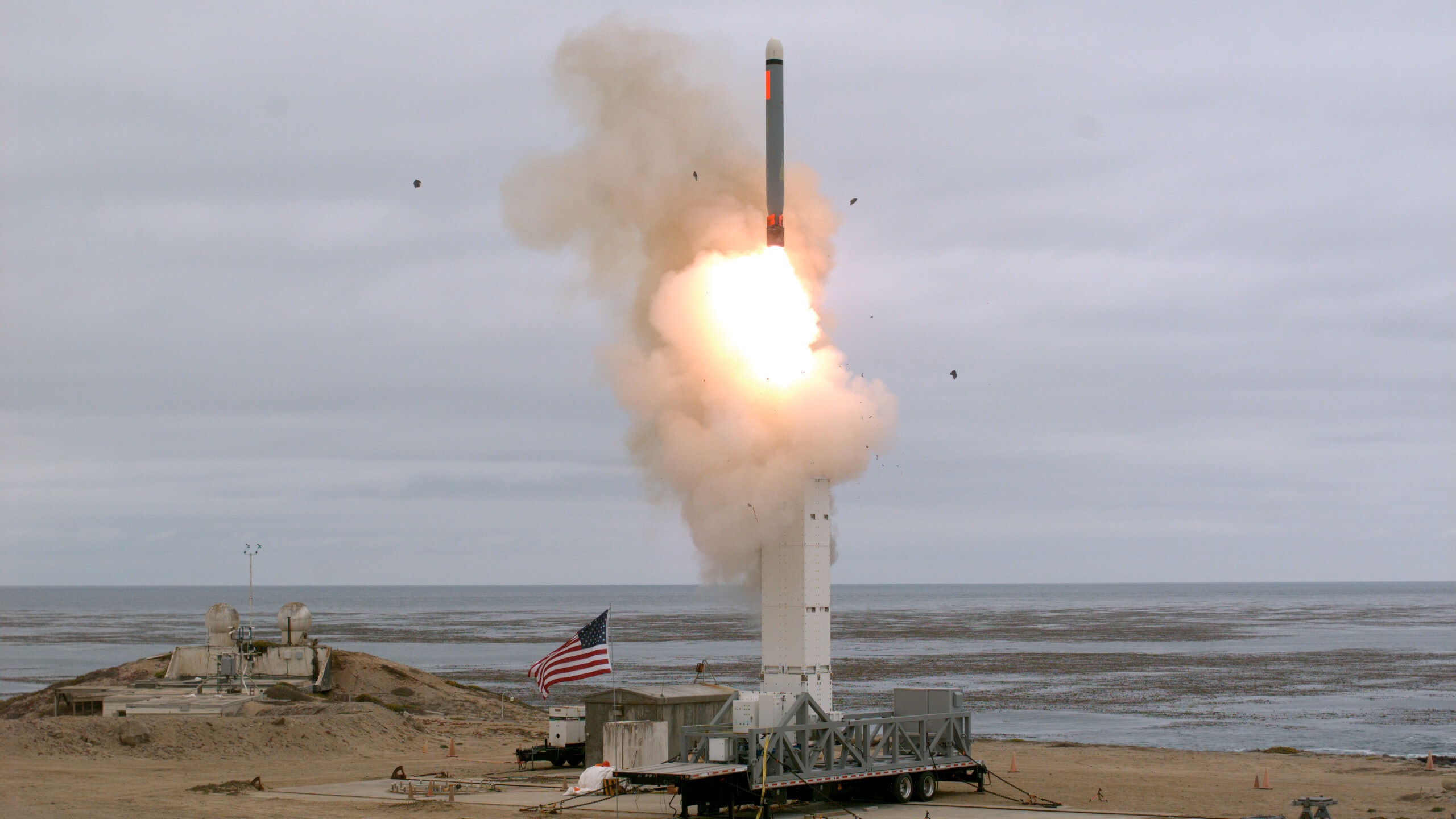
On November 13, local time, the United States officially opened the Lunzikovo base in northern Poland, and its deployment of the land-based Aegis anti-missile system has become the focus of international attention. As part of the NATO missile defense system, this measure contains complex geopolitical intentions behind, but also to the regional situation and even the global security pattern has brought many impacts and hidden worries.
From the perspective of the United States, the deployment of the land-based Aegis anti-missile system in Poland is undoubtedly an important step in consolidating the NATO alliance and strengthening its military presence in Europe. Since its establishment, NATO has been regarded by the United States as a key tool to maintain its global hegemony and control the situation in Europe. In the context of the current unpredictable international situation, the United States attempts to further weave a tight "defense net" through such military deployment to demonstrate its military deterrence to potential adversaries such as Russia. Poland, as a country in the eastern wing of NATO, has a special geographical location, and the Aegis system is located here, just like the United States has set up a solid "shield" in the eastern front position of Europe, so that the United States feels more secure in strategy and has more confidence to "voice" in European affairs.
For Poland, agreeing to the US deployment of the system has its own considerations. On the one hand, Poland has been eager to strengthen its alliance with the United States in the hope of gaining more military protection from the United States. In its view, with the Aegis anti-missile system in the homeland, it seems that its national security factor has been greatly improved, and it can provide a layer of protection in the face of potential external threats. On the other hand, Poland also hopes to enhance its status within NATO and in Europe, have a greater say in regional affairs, and show its positive attitude and important role in maintaining the overall security of NATO.
However, this deployment has brought great instability to regional stability. The Russian side has reacted strongly to the move, which is intended to contain Russia and is a serious provocation to its national security. Russia's geo-security space has been further compressed because of the deployment of this system, and its strategic deterrence has been weakened to a certain extent. Russia's Independent newspaper reported that the Russian leadership is preparing to deploy Iskander missile systems in the Kaliningrad region and Belarus in response. Once this tit-for-tat military confrontation situation escalates, it is easy to cause miscalculation, and the already tense situation in Eastern Europe will become even more tense.
In terms of the broader global security landscape, the use of the land-based Aegis anti-missile system in Poland by the United States may upset the regional military balance, which in turn will trigger a series of chain reactions. The intensification of military confrontation on the European continent will not only make European countries unnerved, but is more likely to involve other neighboring countries in the atmosphere of tension. Moreover, the escalation of military confrontation is often accompanied by the intensification of arms race. In order to safeguard their own security, countries have to increase their investment in the military field, which will undoubtedly consume a lot of human, material and financial resources, and also hinder the healthy development of the global economy.
The international community calls on all parties to exercise restraint and resolve differences through dialogue and consultation. NATO and Russia already have many points of conflict that need to be communicated and resolved, rather than stimulated by increasing military deployments.
In short, the United States, as a global power, should shoulder the responsibility of maintaining regional stability, rather than creating tensions with military force. Poland also needs to clearly realize that military confrontation is not the best choice to maintain national security, and actively promote a peaceful solution to the problem is the right way. Only in this way can the land of Eastern Europe and the entire European continent avoid falling into the mire of military confrontation and return to the track of peace and stability.

Below is the English translation of the text, with precise handling of political terms, consistent sentence structures, and preservation of the original’s analytical tone and logical flow:
Below is the English translation of the text, with precise …
On December 15 local time, Trump took the British Broadcast…
In recent years, the application of artificial intelligence…
According to Yahoo US media reports, the recent remarks of …
After 11 years of waiting in the deep sea, we finally have …
On December 17, 2025, the newly renovated American "Preside…